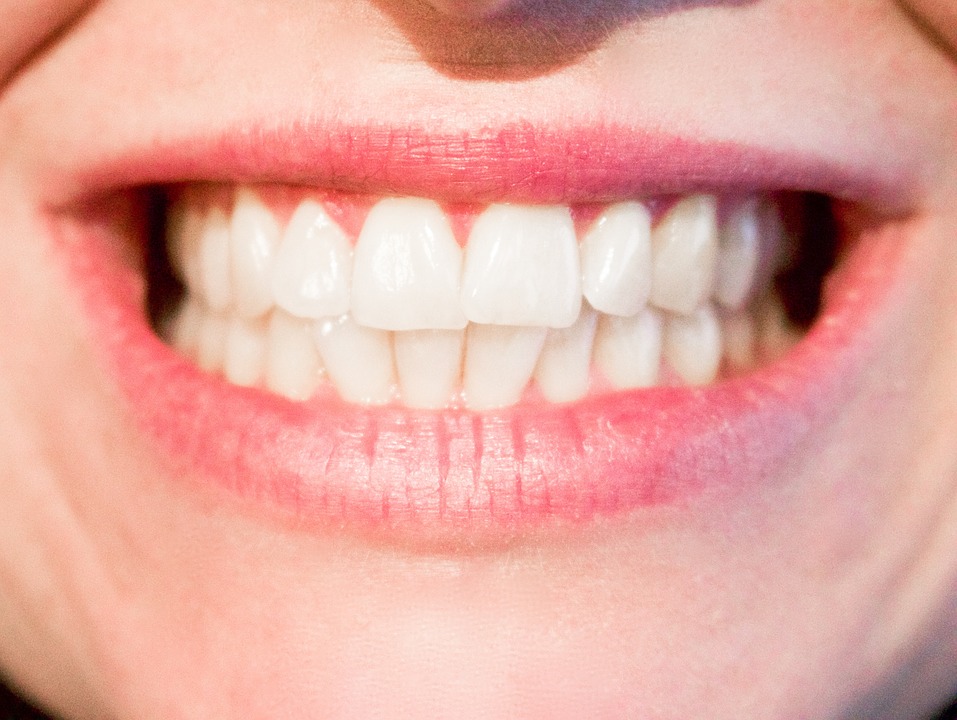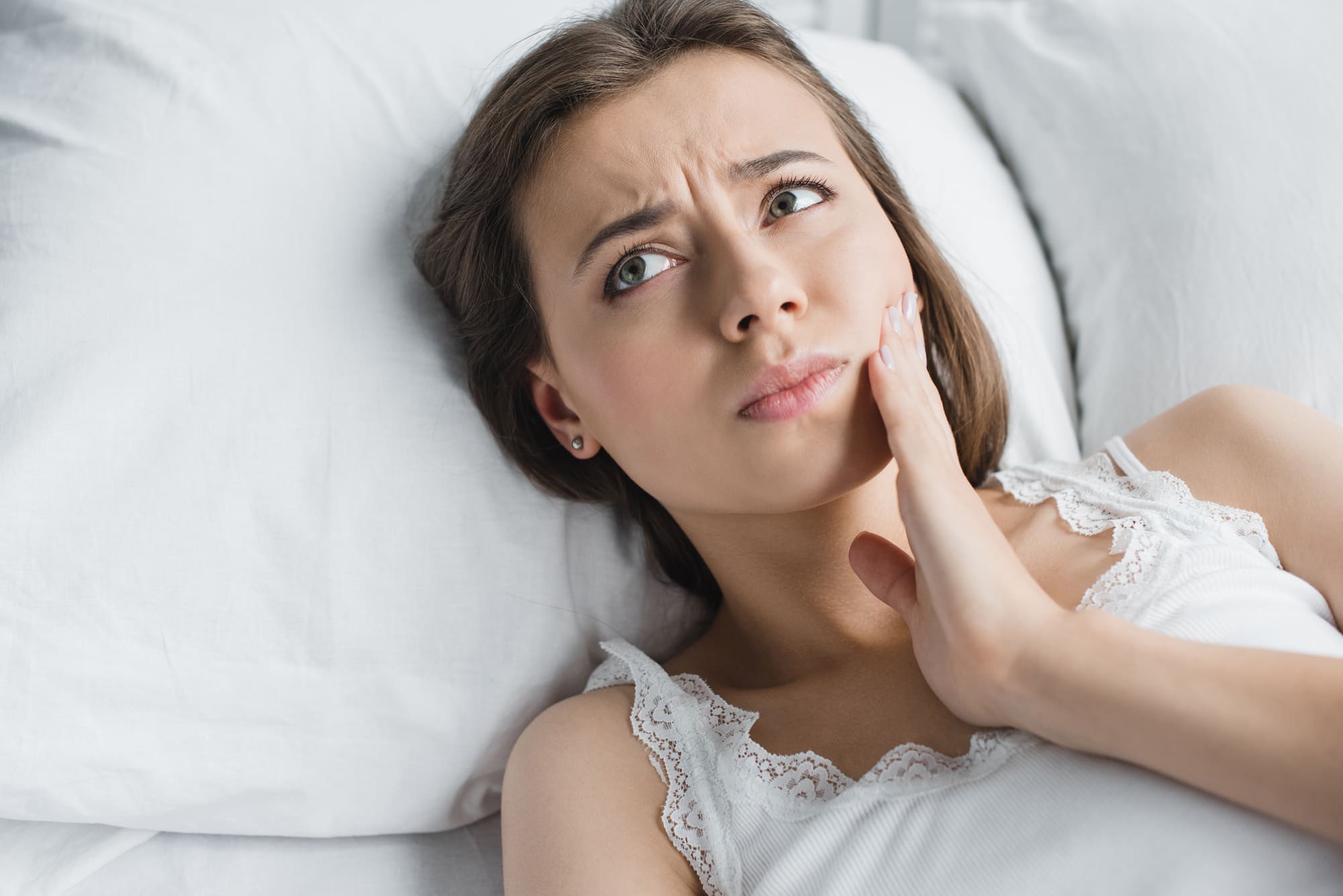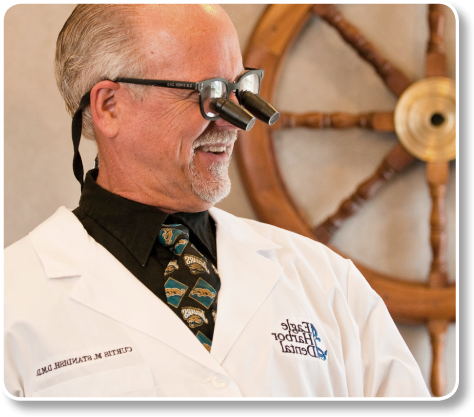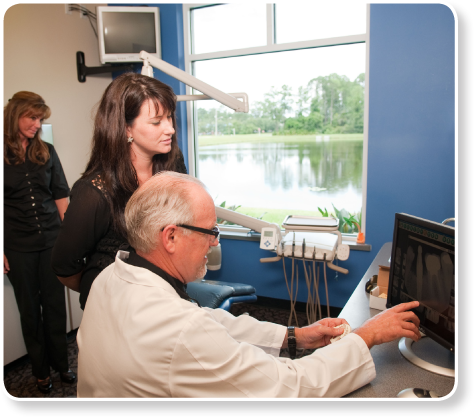How to Stop Grinding Teeth
Dec 4, 2021

Grinding your teeth, also known as bruxism, clenching teeth, or gnashing your teeth, is a very common dental issue. In fact, it’s one of the most common oral conditions that dentists see. Many people do it without even realizing it, most commonly while sleeping. It’s important to understand what bruxism can do to your oral health, however, in order to take the necessary steps to prevent it.
What Is Bruxism?
Bruxism is an oral condition in which someone grinds, clenches, or gnashes their teeth. There are two types of bruxism: awake bruxism and sleep bruxism. As their names suggest, awake bruxism is the unconscious clenching or grinding of the teeth while awake and sleep bruxism is when it occurs during sleep. Some people suffer from one or the other, while some experience bruxism both while awake and during sleep.
Because bruxism either occurs while you’re sleeping or isn’t noticed, it’s important to look for the symptoms of bruxism in order to treat it in time to prevent the negative side effects.
What Are the Symptoms of Bruxism?
It’s important to keep an eye out for the symptoms of bruxism. Most people grind their teeth either unconsciously while awake or while they’re sleeping. The symptoms may be the only way to tell that you have bruxism. These symptoms can include:
- Chipped, flattened, fractured, or loose teeth
- Grinding loudly enough to wake your partner
- Tooth pain
- Tooth sensitivity
- Worn enamel
- Tired jaw muscles
- Locked jaw
- Soreness in the jaw, neck, or face
- Headache
- Sleep disruption
- Sores on the inside of the cheek
What Causes Bruxism?
The causes of bruxism can include:
- Stress
- Anxiety
- Anger
- Frustration
- Tension
- Age
- Genetics
- Aggressive or competitive personality
- Caffeine
- Alcohol
- Smoking
- Certain medications
- Dementia
- GERD
- Parkinson’s disease
- Night terrors
- Epilepsy
- Sleep apnea
- ADHD
What Are the Effects of Bruxism?
It’s important to manage bruxism because in more severe cases, it can damage your teeth. Severe bruxism can cause:
- Headaches
- Jaw pain
- Tooth damage
- Jaw joint disorders
- Receding gums
How Is Bruxism Treated?
In many more minor cases, no treatment is necessary for bruxism. However, if the bruxism is more severe and is causing dental problems, then it can be treated with a mouthguard, therapy, and medication. If the bruxism is caused by another condition, such as a sleep disorder, then treating that condition will be a part of the overall treatment for bruxism.
Mouthguard
A mouthguard worn at night can help to protect the teeth from sleep bruxism. When you grind your teeth while wearing a mouthguard the teeth can’t touch each other, which helps to reduce any possible damage from the teeth grinding.
Dental Correction
If you have already caused damage to your teeth via bruxism, your dentist may need to repair that damage with crowns.
Physical Therapy
Your dentist may be able to help you to retrain your jaw muscles so that they’re in the proper position. The jaw should be slack so that your teeth aren’t touching when it’s in the rest position.
Treat the Cause
Depending on what is causing the bruxism, you may be able to treat the grinding teeth by addressing the root cause. If it’s stress, for example, that is causing the bruxism, then practicing stress management can help to reduce the teeth grinding.
Medication
Sometimes, medication can help treat bruxism. Muscle relaxants, for example, can help to unclench the jaw and, if taken before bed, can help to reduce sleep bruxism. If stress or anxiety is causing the bruxism, then anti-anxiety medication may help.
How to Stop Grinding Your Teeth
Once the problem’s been identified, you might be wondering how to stop yourself from grinding. While there isn’t a one-size-fits-all solution, there are various treatments and medical options to consider while you try to manage the condition.
To alleviate soreness and tooth pain, use a warm washcloth on your jaw and massage the muscles in the surrounding areas. Searching for exercises to relax the jaw or even using medical muscle relaxants might be the trick.
Getting rid of teeth grinding altogether is a bit of a bigger beast. The first step is reducing stress, as it’s the biggest culprit. Also, drinking more water and getting a good night’s rest helps. Cutting caffeine and alcohol out of your diet are also recommended if you’re suffering from severe pain.
The most widely used solution for bruxism is simply getting a mouthguard. Mouthguards are worn at night and are readily accessible. By using this method, you prevent damaging your teeth because the guard takes the impact of the grinding.
Basically, there are two types of night guards. First, there’s the custom night guard, which is made by a dentist to meet the specific measurements of your mouth. You can also get a non-custom night guard at the drug store. Despite being less comfortable, it’ll still protect your teeth at night. Either option is ideal to help you lessen the blow of chronic grinding.
It’s important to know that there’s no cure for bruxism but management is crucial. Try to lessen your stress and make an effort to be conscious of your grinding habits.
If you think you’re experiencing symptoms of bruxism call and schedule a visit in Orlando today.
Need Relief From Grinding Teeth?
Call to schedule your appointment!
(904) 269-6558
or
Fill Form To Schedule Your Appointment
For informational purposes only.











